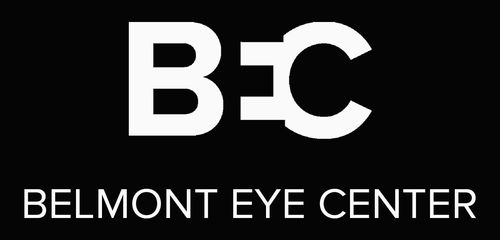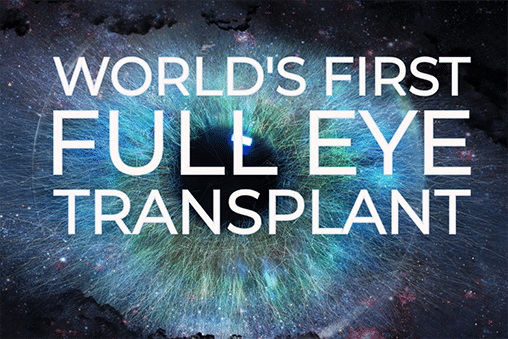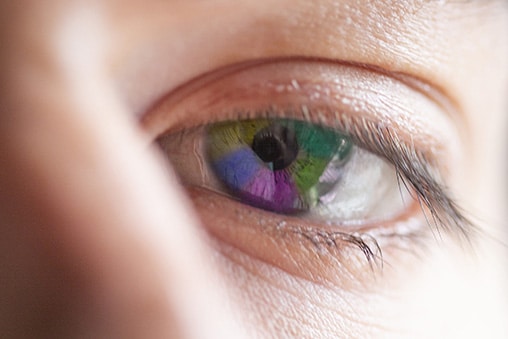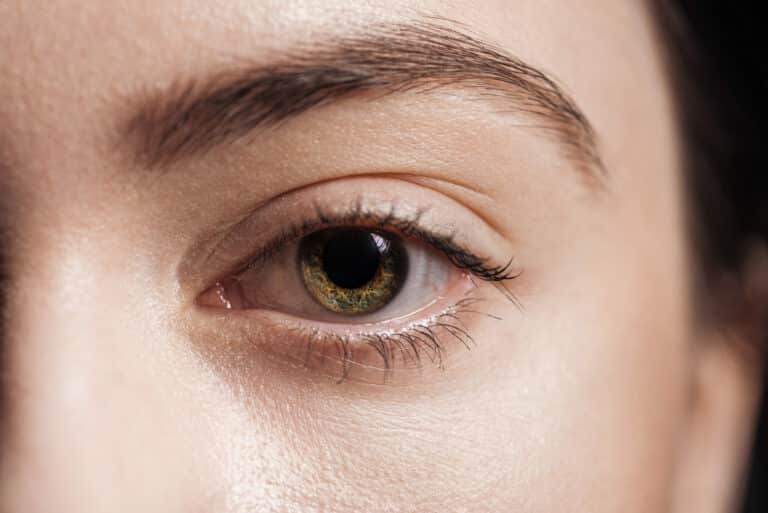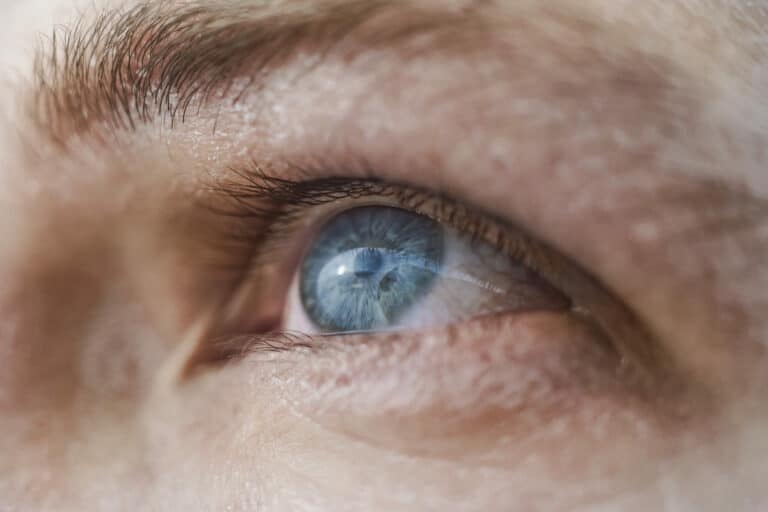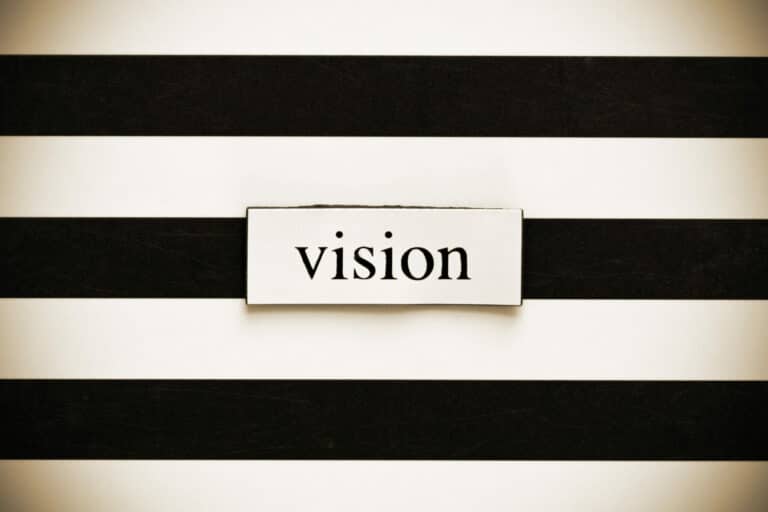Say Goodbye to Dry Eyes: Introducing Forma-I at Belmont Eye Center
If you’ve been struggling with dry, itchy, or burning eyes, you’re not alone—and relief is finally here. Belmont Eye Center is proud to introduce Forma-I, a revolutionary, non-invasive treatment for dry eye syndrome that delivers long-lasting results with zero downtime. What Is Dry Eye Syndrome? Dry Eye Syndrome occurs when your eyes don’t produce enough…
Read MoreTop Vitamins and Supplements for Eye Health: What You Need to Know
Maintaining eye health is crucial for protecting your vision and preventing common eye conditions as you age. While a balanced diet rich in essential nutrients is the best way to support your eye health, it can sometimes be difficult to consistently get all the vitamins your eyes need. That’s where supplements can play a vital…
Read MoreWorld’s First Whole-Eye Transplant: A Breakthrough in Surgery, But Vision Remains Unattainable
In a historic medical milestone, 47-year-old Aaron James, a utility lineman, underwent the world’s first whole-eye transplant. This groundbreaking procedure, which also included a face transplant, was performed last year, following a severe accident in which James lost half his face and an arm to a high-voltage electrical cable. While face transplants are becoming more…
Read MoreWhat Ophthalmologists Want You to Know About Eye Color-Changing Drops
In recent months, eye color-changing drops have gained significant attention across social media platforms, with many users drawn to their promise of transforming eye color without the need for surgery or contact lenses. While the idea might seem appealing, experts in the field of ophthalmology are raising red flags about the safety and effectiveness of…
Read MoreThe Hidden Harms of Skipping Sunglasses: How Skipping Shades Can Affect Your Vision
We often consider sunglasses as stylish accessories to complement our outfit or perhaps shield our eyes from the glaring sun on a particularly sunny day. However, more than just fashion statements, they play a pivotal role in protecting our eyes. Failing to wear sunglasses can cause unnoticed harm to our vision. Here’s a deep dive…
Read MoreCould Exercise Help Prevent Eye Damage? A Look at the Connection
Belmont Eye Center is always on the lookout for new and innovative ways to help our patients maintain their vision health. Today, we delve into an intriguing topic that is gaining traction within the medical community: the potential role of exercise in preventing eye damage. Many of us understand the significant benefits of regular exercise…
Read MoreThe Impact of Wildfire Smoke on Eye Vision: Insights from Belmont Eye Center
Belmont Eye Center News,Eye News & Education
Understanding the Impact of Wildfire Smoke on Eye Vision: Expert Insights from Belmont Eye Center As wildfires continue to increase in frequency and intensity, it’s essential to understand their impact on our health – particularly, our eye health. This article, brought to you by the experts at Belmont Eye Center, delves into the effects of…
Read MoreDiscovering Complementary Therapies for Vision Loss: Natural Ways to Manage and Improve Eye Health
Belmont Eye Center News,Eye News & Education
Introduction It’s crucial to understand the different ways we can maintain our eye health and manage vision loss. While traditional treatments remain pivotal, complementary therapies are increasingly gaining recognition. They can serve as useful additions to our eye care routine, supporting overall eye health and potentially slowing the progression of certain eye conditions. What are…
Read MorePRK Eye Surgery: The Ultimate Guide to a Clearer Vision at Belmont Eye Center
Belmont Eye Center News,Eye News & Education,LASIK Education & News
Are you tired of relying on glasses or contact lenses for clear vision? PRK (Photorefractive Keratectomy) eye surgery may be the solution you’ve been seeking. At Belmont Eye Center, our expert team of eye care professionals is dedicated to helping patients achieve their best vision possible through safe and effective laser eye surgery. In this…
Read MoreWhat is the Difference Between LASIK vs. Glasses?
Eye News & Education,LASIK Education & News
Glasses are one of the easiest ways to improve your eyesight, making it a common sight-related medical treatment. While both LASIK and glasses improve vision, glasses do not prevent vision from getting worse. If you can see well enough that you need contacts or glasses only some of the time, then improvements with LASIK may…
Read More